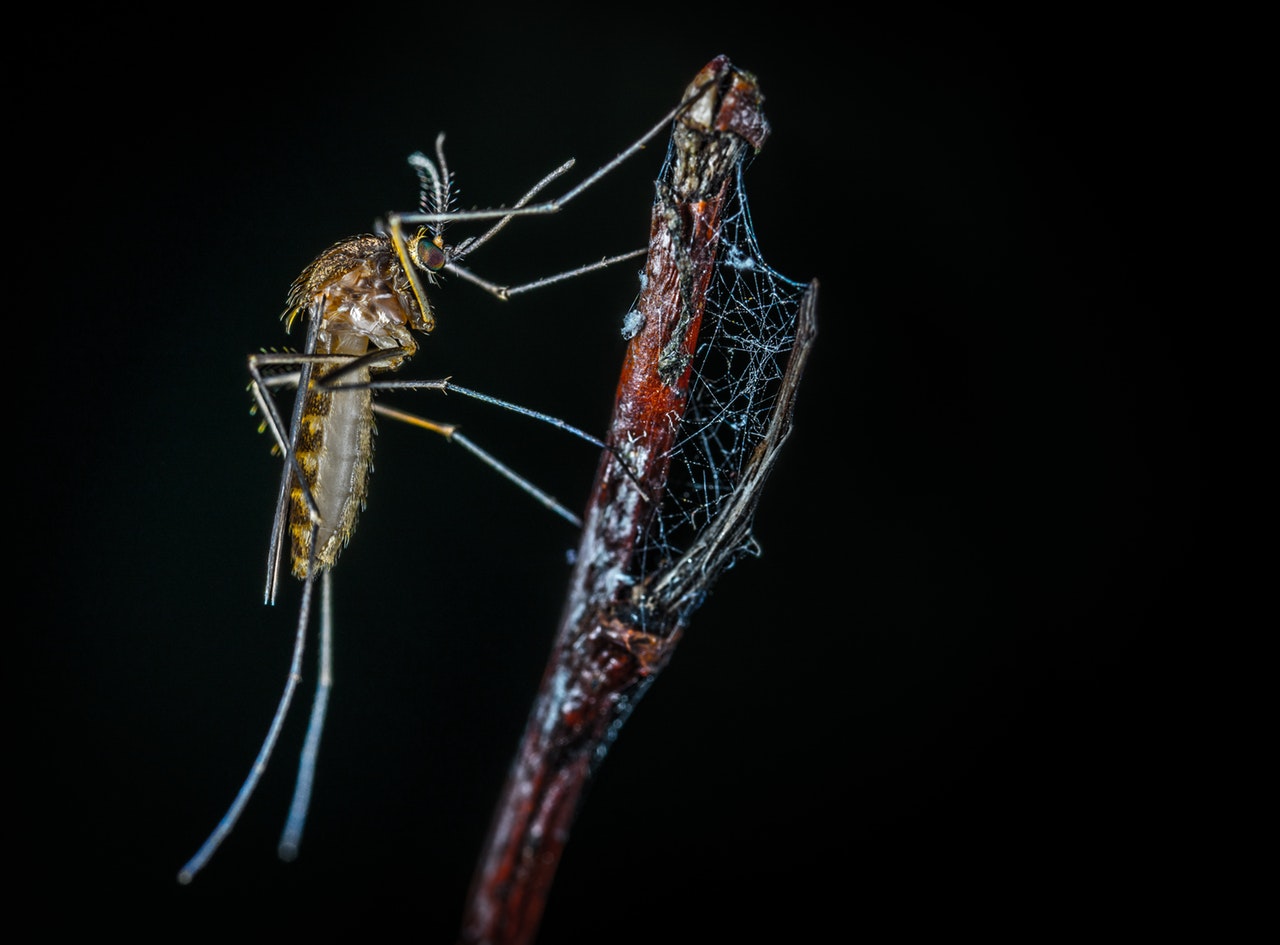Once again, I am caught short of time; but I am nevertheless itching to write this, since it fits so well with the topic of discussion I chose for my previous post.
I have asked several scientists and individuals this question:
“In short, do you know of any studies at all that attempt to measure what is the actual percentage of the total population that genuinely possesses a high degree or very high degree of eco-consciousness?”
But in each instance, I’ve come up empty. No one knows of any such studies. They agree it’s a good question; but don’t know of any studies. So if anyone reading this is aware of any such study or studies, please let me know.
Since I’ve now raised this question, let me say a few more things. I would speculate that the actual percent of the population that possesses a high or very high degree of eco-consciousness is extremely low. Just how low, that is the crux of the question. The mere fact that such studies apparently aren’t even being done, not only shows how far off the radar eco-consciousness is, but demonstrates how germane the question is, considering the extent of the damage we are ecologically wreaking on this planet and leaving in our wake, everyday.
This is the kind of meaningful and useful study, by the way, that I wouldn’t mind having a hand in helping to put together. Don’t think for a second it would be easy to design such a study. Determining what constitutes “a high or very high level of eco-consciousness,” for example, could depend heavily on who is designing the study; and determining what questions to ask, and how to ask those questions, can also be crucial. If having a very high level of eco-consciousness is as rare a trait as I believe it is, finding qualified people to even design such a study wouldn’t be easy. But I believe this type of research is vital.
One study worth noting, is a March 2012 study published in the Journal of Personality and Social Psychology. It didn’t attempt to measure the extent to which a high level of eco-consciousness exists within society. It instead aimed to examine “the life goals, concern for others and civic orientation of three young generations — baby boomers, Generation X and Millennials” — according to a Washington Post article that was published online (*Martha Irvine, “Young Americans less interested in the environment than previous generations” *There is also an Associated Press byline, Mar. 15, 2012). But what these researchers discovered, according to this article, is that “when surveyed decades ago, about a third of young baby boomers said it was important to become personally involved in programs to clean up the environment.” Whereas, “in comparison, only about a quarter of young Generation X members — and 21 percent of Millennials” shared this sentiment. The article quotes one of the study’s authors, San Diego State University psychology professor Jean Twenge, as stating “I was shocked. We have the perception that we’re getting through to people. But at least compared to previous eras, we’re not.” Yes, from the data in this particular study, that does appear to be the case; but should that really be surprising, when year in and year out, the battle to save the planet is always an uphill one? So-called victories, if and when there are any, besides being few and far between, are tepid, hard-fought, and sometimes short-lived. Do we ever really have any big breakthrough moments that would truly be cause for celebration? I certainly can’t think of any.
To conclude, let me provide two quotations from two individuals I can unequivocally conclude possessed a very high degree of eco-consciousness:
“One of the penalties of an ecological education is that one lives alone in a world of wounds. Much of the damage inflicted on land is quite invisible to laymen. An ecologist must either harden his shell and make believe that the consequences of science are none of his business, or he must be the doctor who sees the marks of death in a community that believes itself well and does not want to be told otherwise.” — Aldo Leopold, A Sand County Almanac
“We don’t say that every living being has the same value as a human, but that it has an intrinsic value which is not quantifiable. It is not equal or unequal. It has a right to live and blossom. I may kill a mosquito if it is on the face of my baby but I will never say I have a higher right to life than a mosquito.” — Arne Naess
Naess is credited with coining the term “deep ecology.” Personally, I prefer using the term “deep eco-consciousness.” While neither of these has gained much traction among the general population, I think the latter might hold more promise. It might fit more naturally in everyday conversation.

